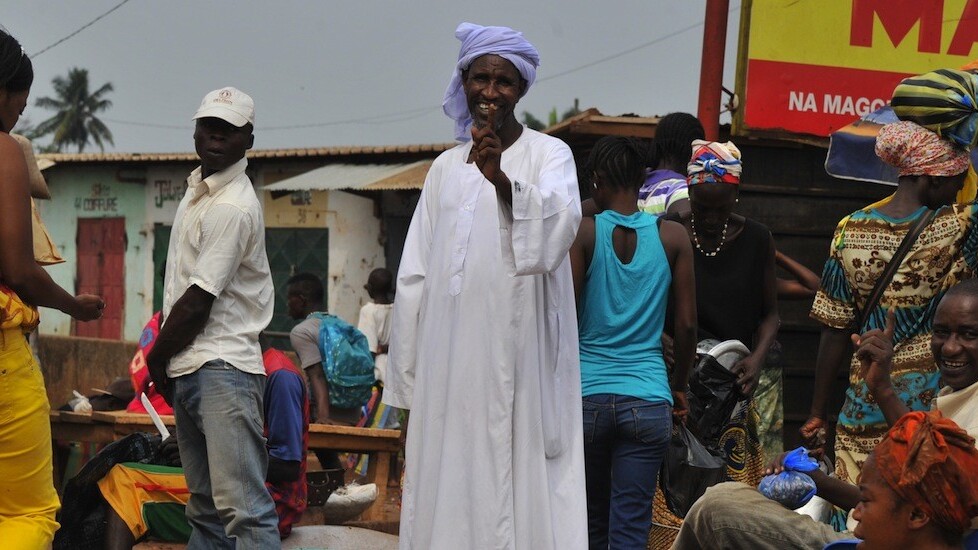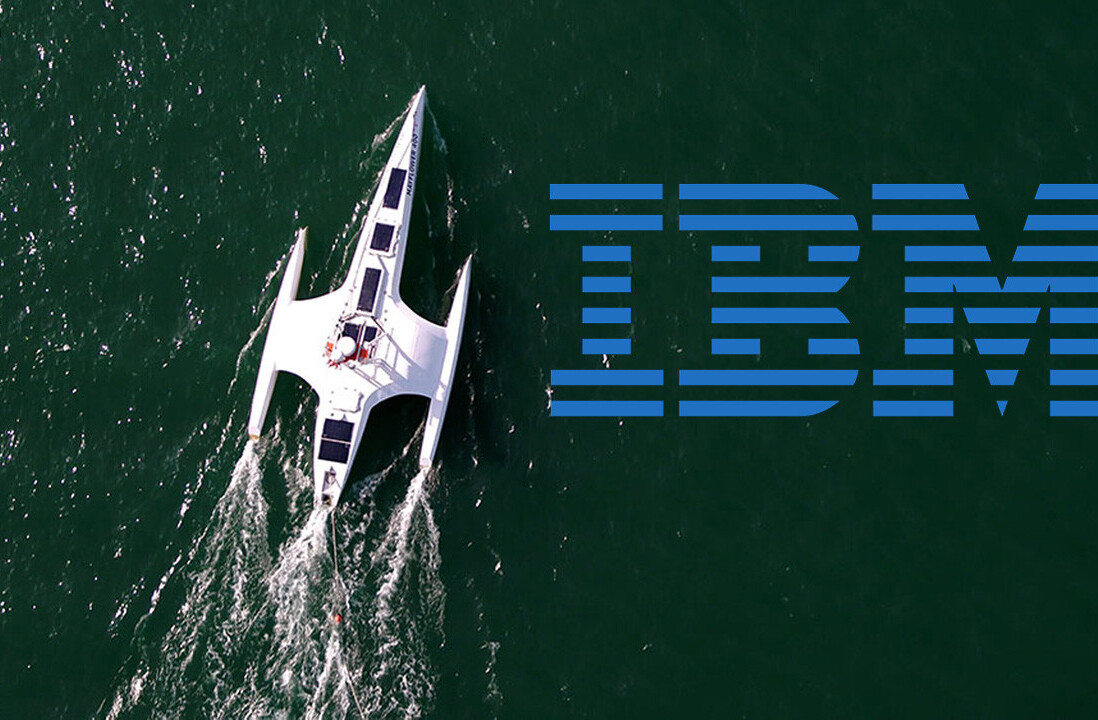
IBM announced today that it is bringing its super computing platform Watson to Africa, where it will help researchers develop commercially-viable solutions in key areas such as healthcare, education, water and sanitation, human mobility and agriculture.
The ten-year initiative, dubbed “Project Lucy” after the earliest known human ancestor, will see IBM invest $100 million to give scientists and partners access to Watson’s advanced computing technologies. It is hoped that they can apply knowledge gleaned from big data to help solve the continent’s most pressing challenges and create new business opportunities.
Watson rose to prominence when the super computer ‘won’ US quiz show Jeopardy, a proof point of the potential of artificial intelligence. Basically, it uses systems and software that improve by learning, therefore providing solutions to complicated questions by analyzing massive amounts of big data.
Analysis of big data could help Africa gain a better understanding of issues such as food price patterns, estimations of GDP and poverty number, to anticipating diseases.
Kamal Bhattacharya, the director of IBM Research Africa, says: “With the ability to learn from emerging patterns and discover new correlations, Watson’s cognitive capabilities hold enormous potential in Africa – helping it to achieve in the next two decades what today’s developed markets have achieved over two centuries.”
Last month, IBM revealed plans to invest more than $1 billion into Watson, with the new strategy is aimed at hitting $10 billion in annual revenue within the next decade.
IBM didn’t elaborate on the exact details of its future app plans — which could parallel the app store model used by Apple and Google. Back in November, IBM announced the Watson Ecosystem Program for developers that offers services to help make sense of digital data and use the power of the super computational platform.
Headline image via Issouf Sanogo/AFP/Getty Images
Get the TNW newsletter
Get the most important tech news in your inbox each week.





